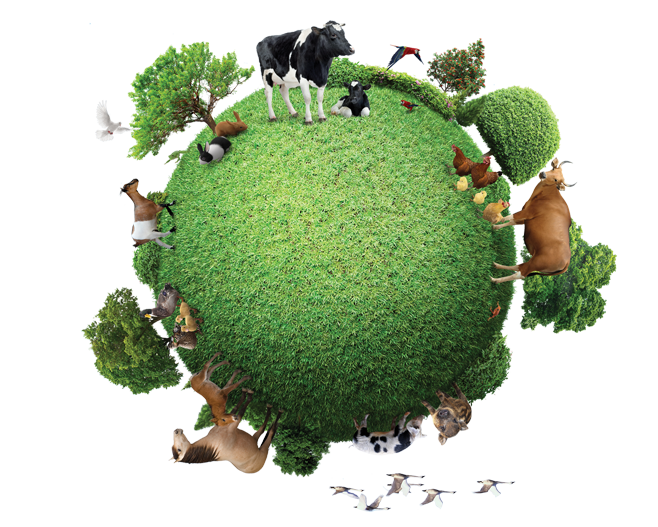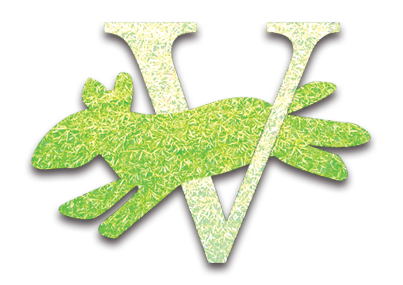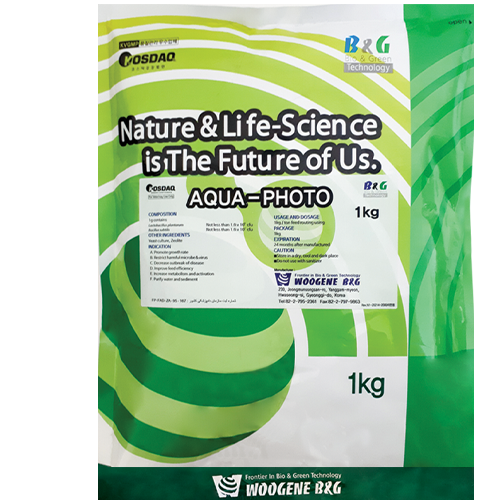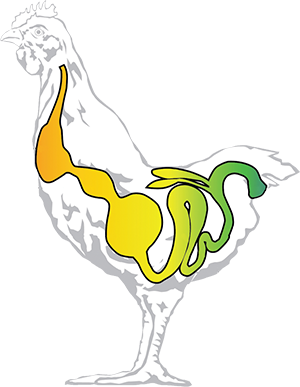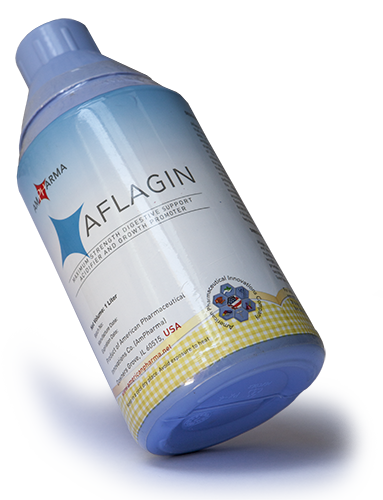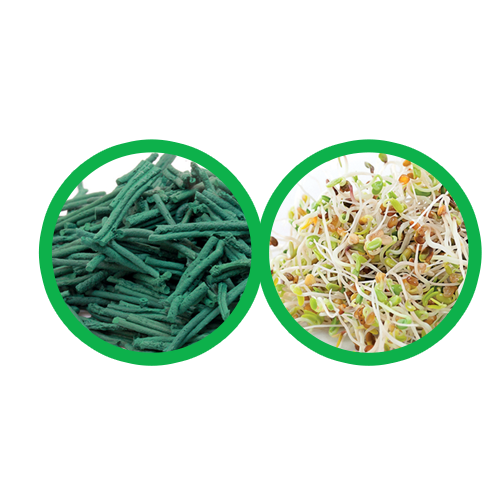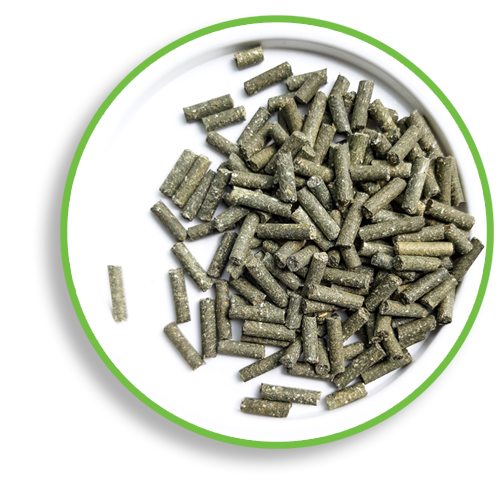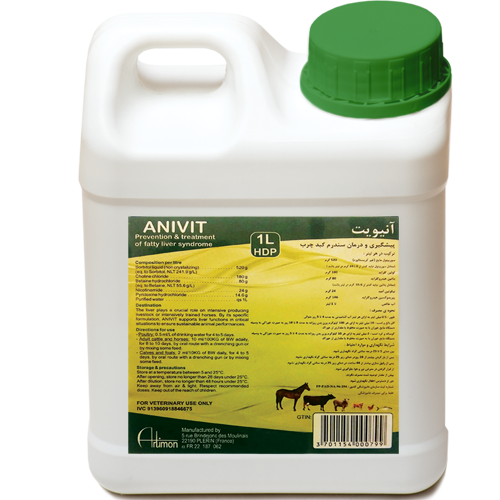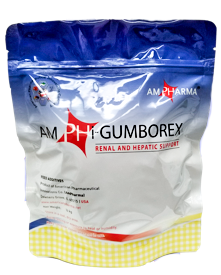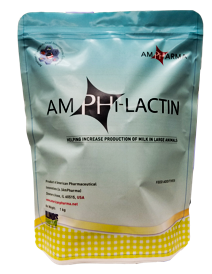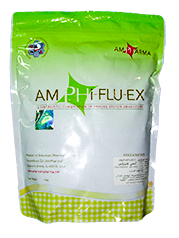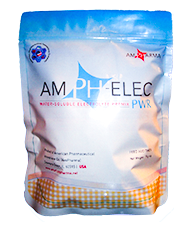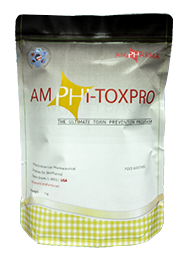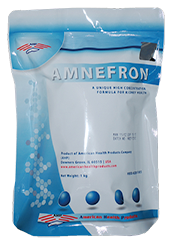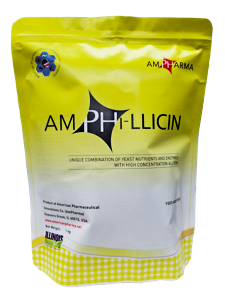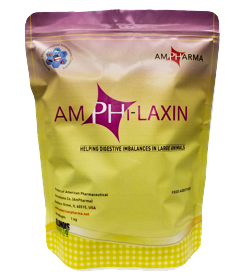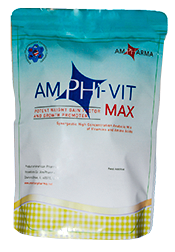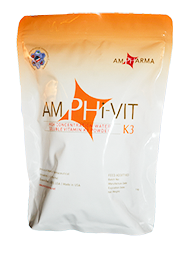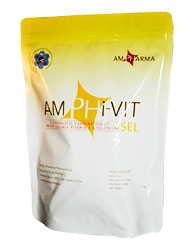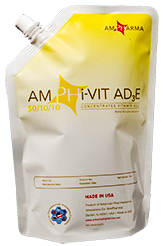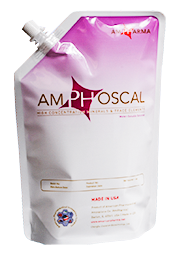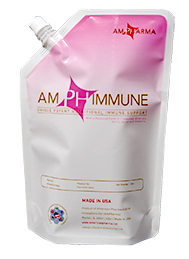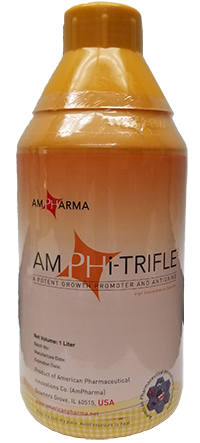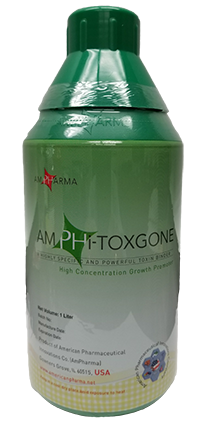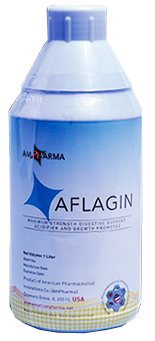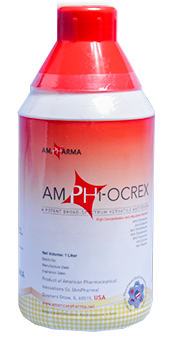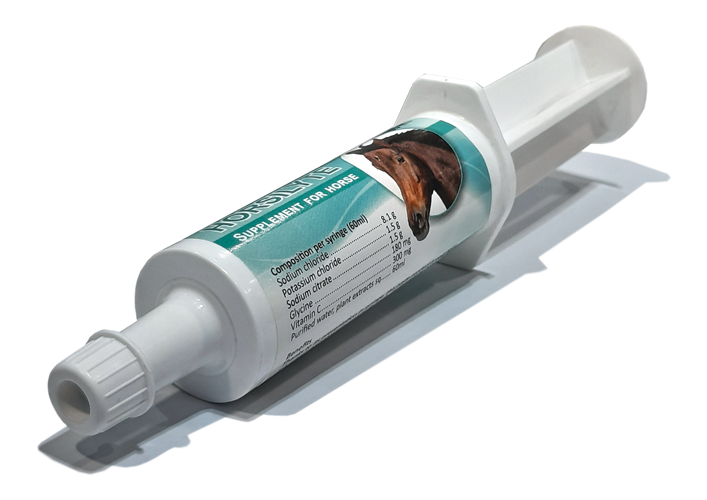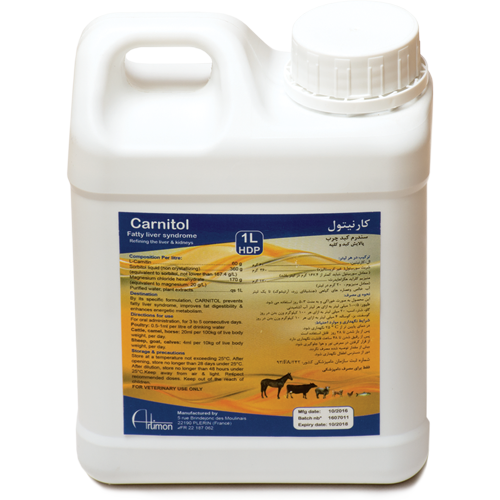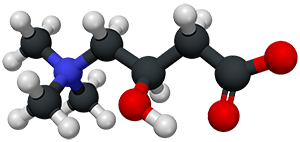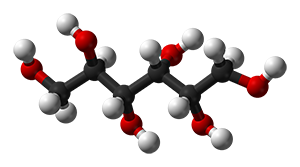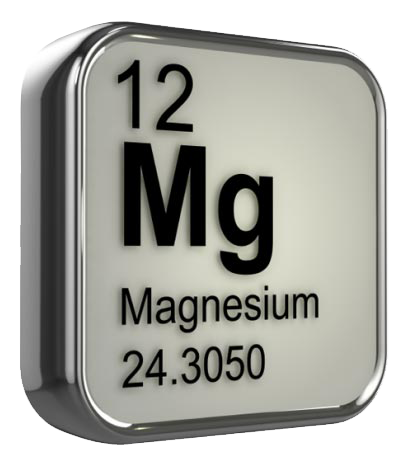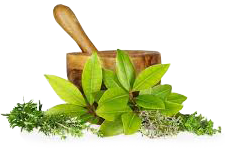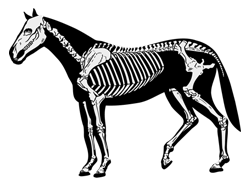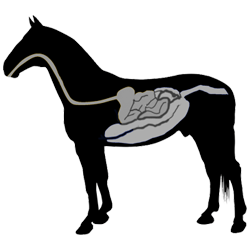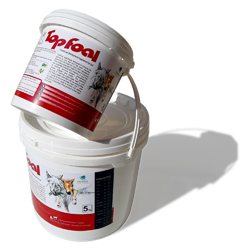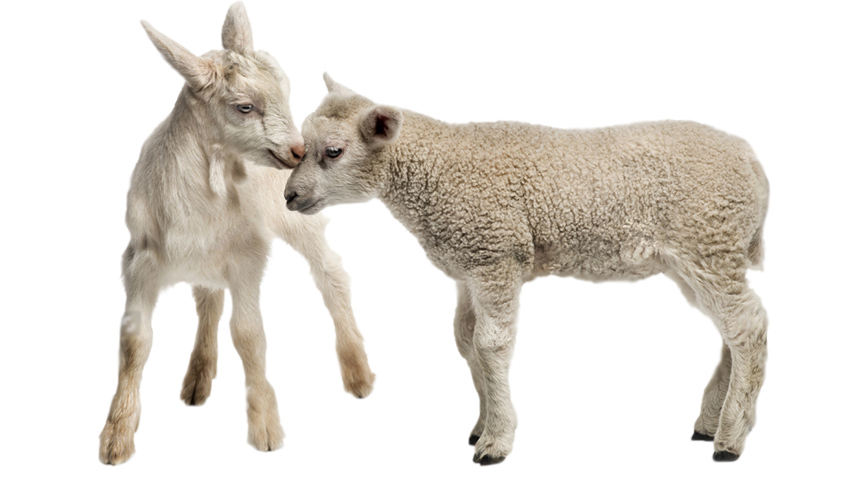
Specialized supplement for dairy goat and ewe

New challenges have been raised, and the use of new techniques to estimate the nutrient needs of different breeding and production groups of dairy goats such as Sunan, Alpine, Murcia, and Damascus and imported and native dairy sheep has caused changes, and There have been dramatic advances in micronutrient formulation, nutrition management, and health. Such accurate estimates have led many research centers in universities around the world to improve their mineral and vitamin needs.
Global knowledge and current formulation of micronutrients required by goats and dairy sheep have crossed the line of vitamins and minerals and are now in the commercialization stage of regulating the expression of genes in lactation through nutrition (Nutrigenomics). Meanwhile, it has been proven that nutritional information on vitamins and minerals from the American National Research Council (NRC 2007) publication for goats and dairy sheep doesn’t meet the current needs of this group of ruminants.
Top Milki goat and sheep supplement formulation is designed and implemented based on the latest published data on the nutritional and health effects of micronutrients and additives. Precise production of this product using quality raw materials (including minerals, vitamins, additives, and specialized carriers) from reputable brands and Europe and North America and the use of high-precision devices makes a significant difference in Functional responses to dairy herd and product quality.
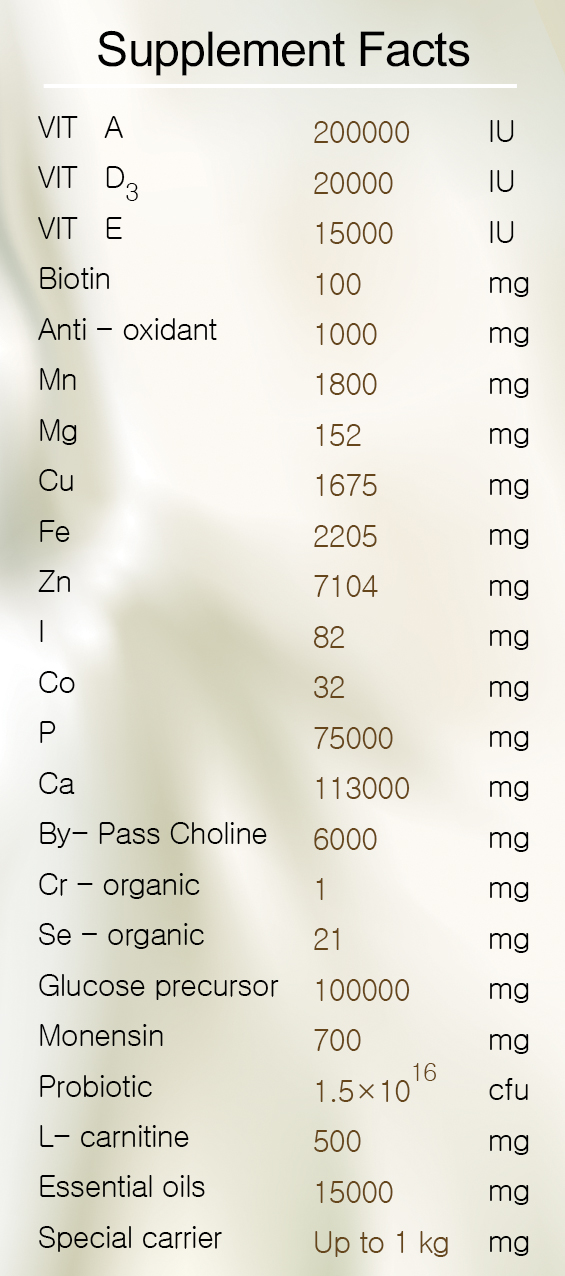
Unique features of Top Milki
- Supply of micronutrients with high bioavailability
- Contains probiotics of yeast origin and prebiotics MOS and GOS
- Stimulates metabolism after childbirth and increases milk production and synthesis of milk components (higher fat and protein)
- Activation of liver tissue using medicinal plant extracts and micronutrients such as choline (transit) and carnitine
- Contains a new generation of glucose precursors to increase the energy available for lactation in goats and ewes with multiple births
- Reducing the effects of delivery stress and transportation
- Increasing the palatability of other food components at the time of consumption (appetizing effects of arbitrage plants)
- Preventing negative energy balance after lambing/kidding, reducing the mobilization of body fat and weight loss of high-yielding dairy goats and ewes
- Prevention of ketosis and fatty liver and other diseases related to the dysfunctional metabolism
- Reduce the number of somatic cells and prevent mastitis
- Increasing volume and the quality of colostrum after lambing/kidding (enriched with Met precursors in transit)
- Increasing the efficiency of antioxidant capacity enriched with vitamin E and extracts of systemic herbs and increasing fertility
- Improving conversion rates and profit margins, reducing feed costs due to micronutrient deficiencies
- Increasing the immune resistance of goats and mortality of goats and lamb
Packing
Plastic bucket, 5 kg
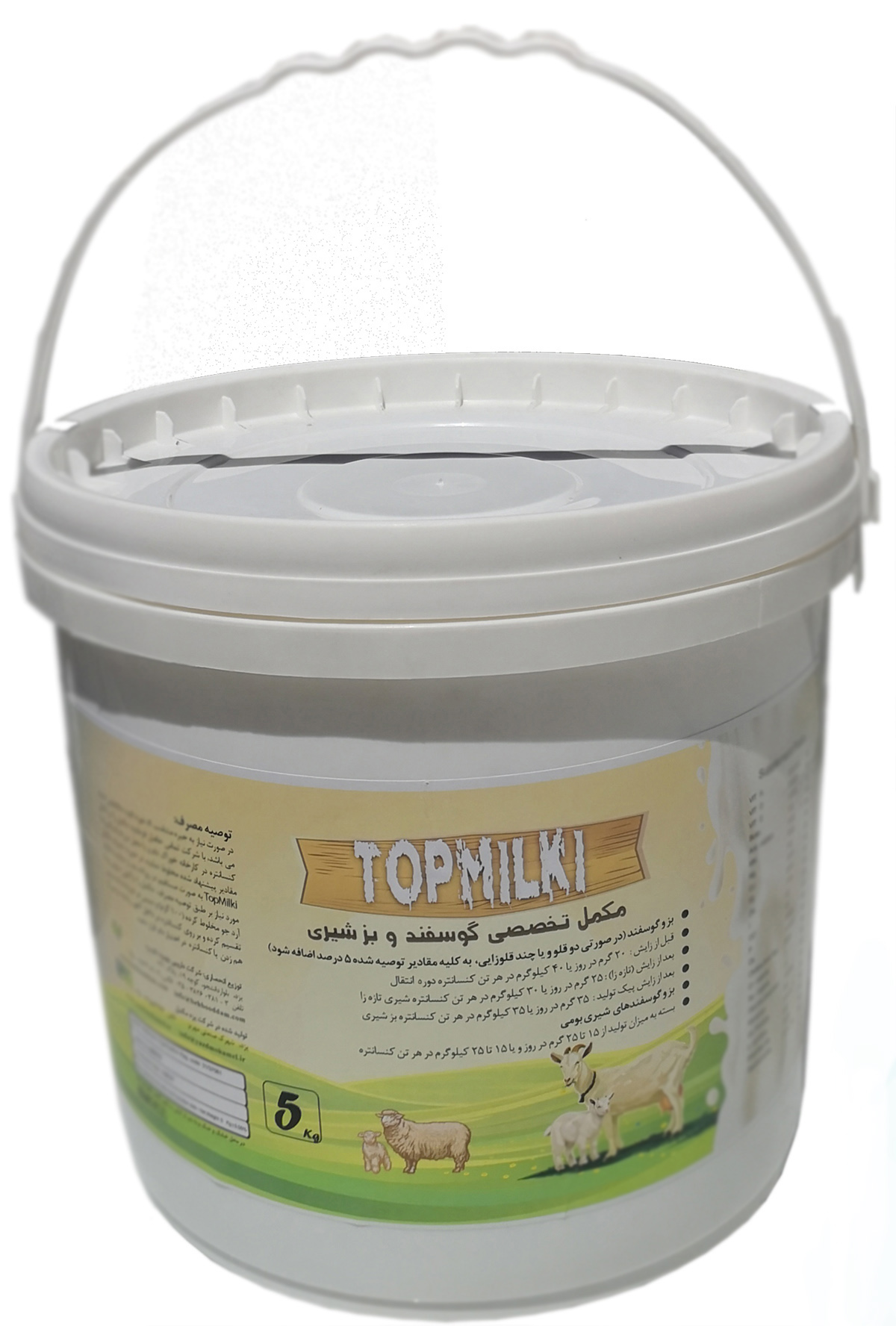
Consumption alert
![]()
Consumption recommendation
If you need a suitable ration (concentrate) approved by a nutritionist, please contact the company and mix the supplement inside the concentrate in the feed factory or farm place (mixer) with the recommended amounts. If you take Top Milki supplement directly (daily dose), after calculating the required amount according to the consumption recommendation, mix the supplement with wheat bran or barley flour (100 g) and then divide it into two meals day and night. Pour the concentrate into the manger and give it to the livestock after stirring with the concentrate.
Consumption
High yield dairy goats and ewes (in case of twins or multiple births, add 5% to all recommended amounts)
- Before lambing / kidding: 20 grams per day or 40 kg per ton of concentrate transfer speed
- After lambing / kidding (fresh): 25 grams per day or 30 kg per ton of fresh milk concentrate
- After lambing / kidding production peak: 35 grams per day or 35 kg per ton of dairy goat concentrate
Native goats and dairy sheep
- Depending on the amount of production from 15 to 25 grams per day or 15 to 25 kg per ton of concentrate




